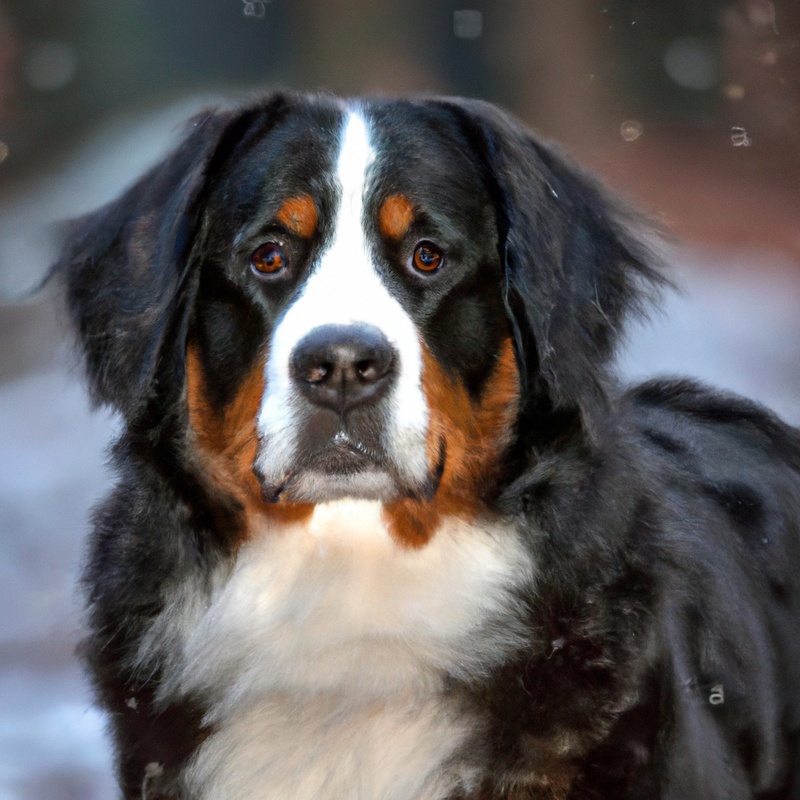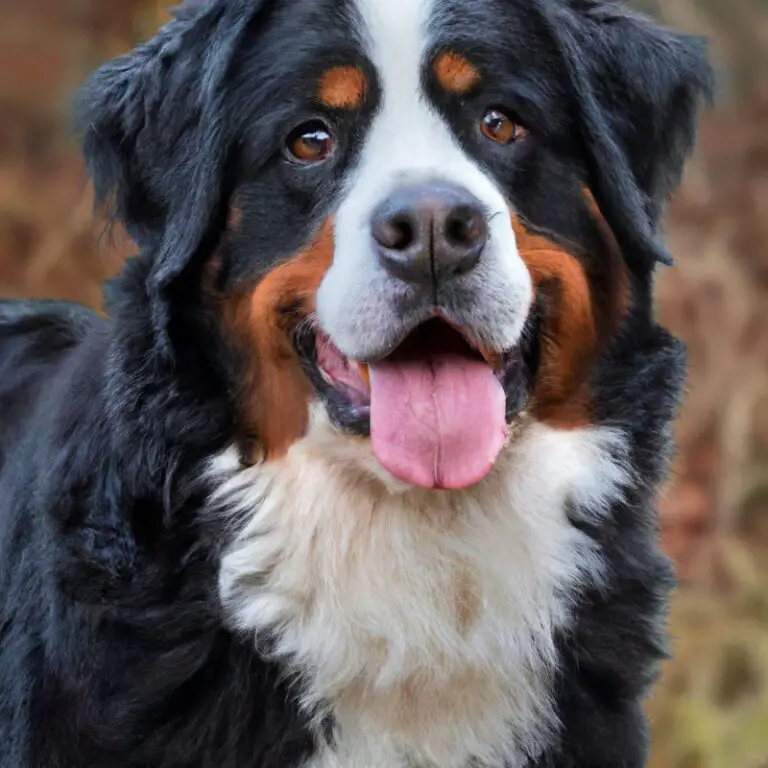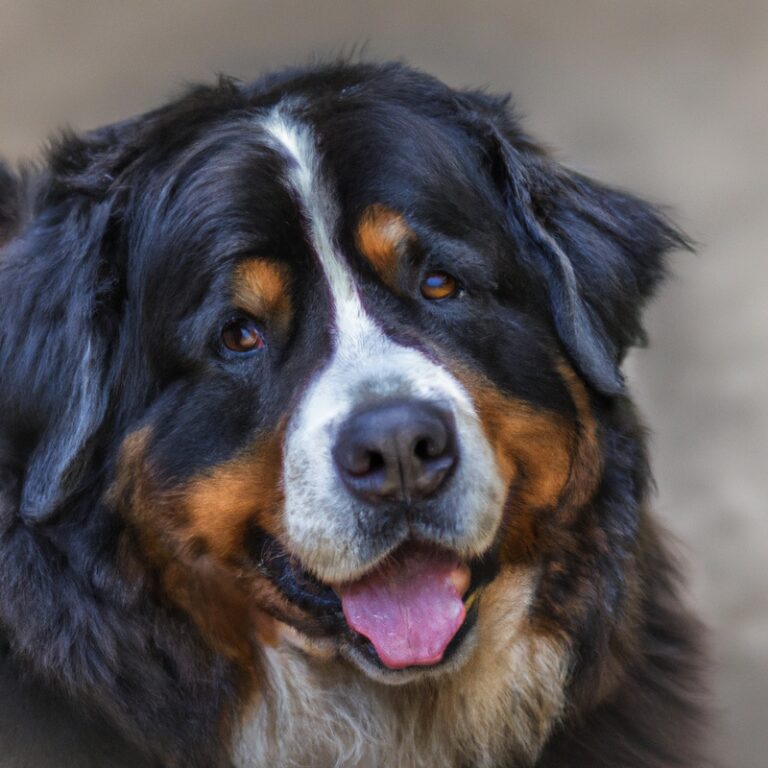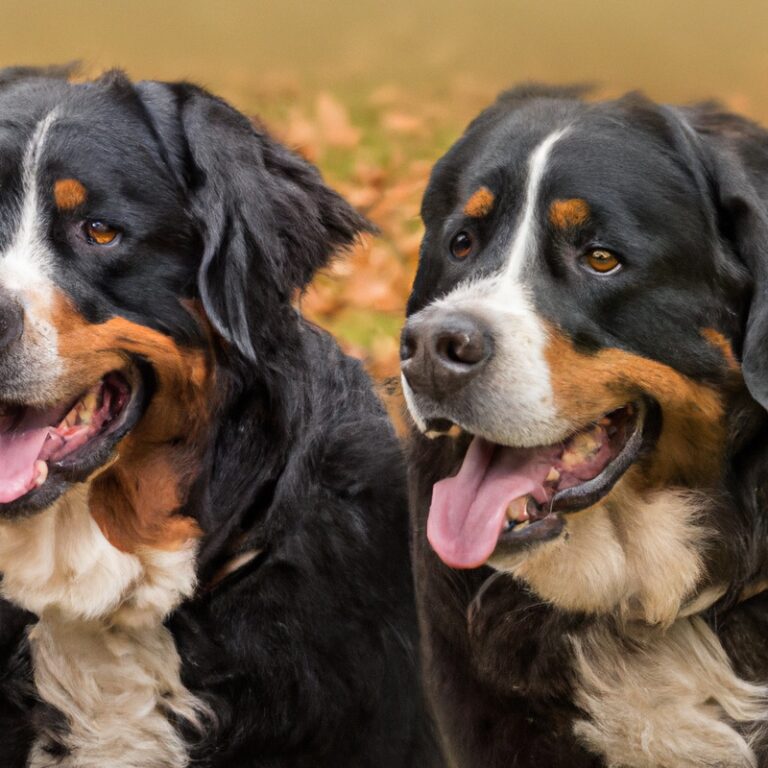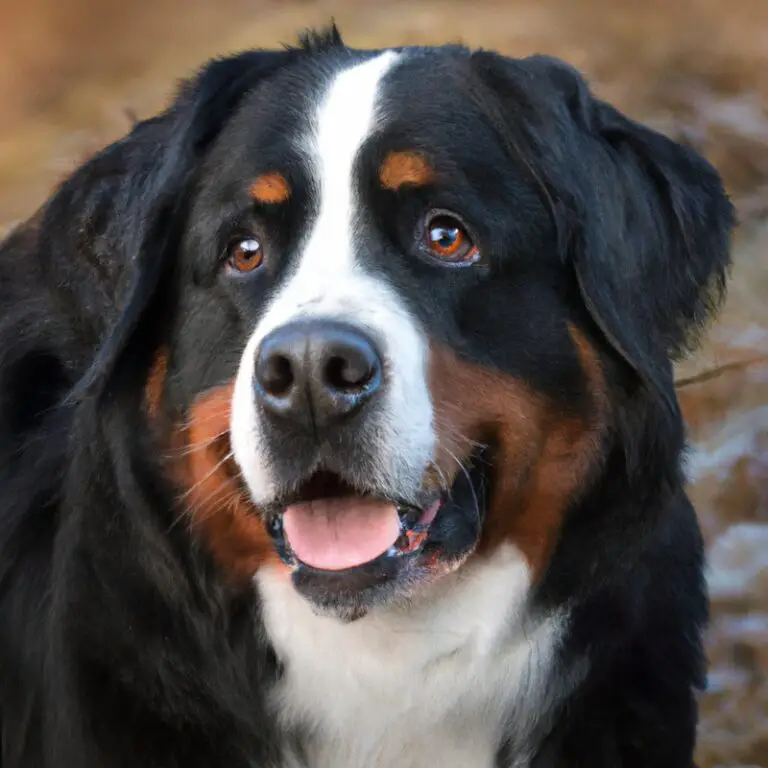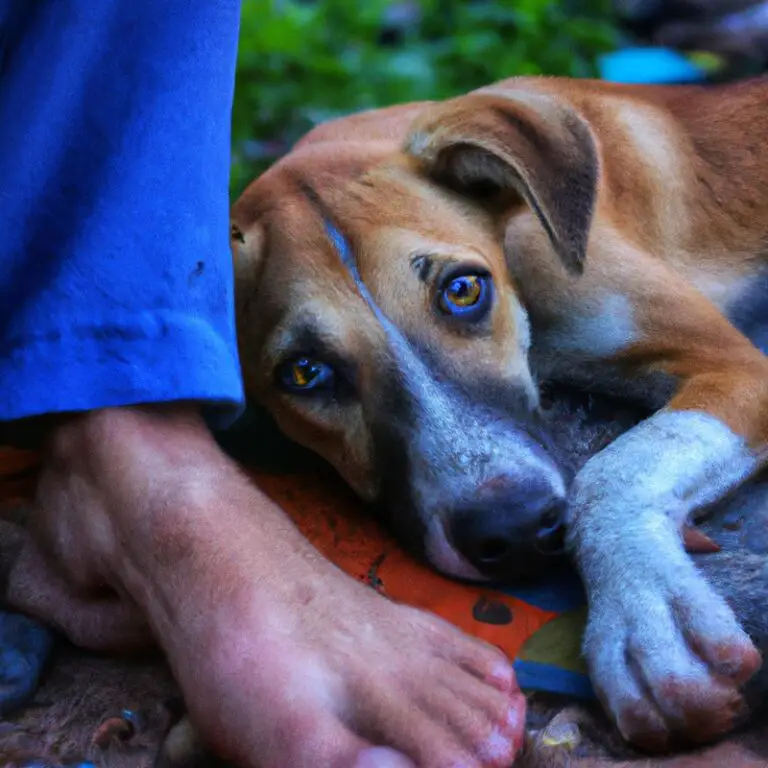Can Bernese Mountain Dogs Be Trained To Interact Well With Small Children?
Key Takeaways:
- Proper training can help Bernese Mountain Dogs interact well with small children.
- Early socialization is essential for Bernese Mountain Dogs’ positive interaction with small children.
- Positive reinforcement is an effective training method for Bernese Mountain Dogs and small children.
- Supervision and guidance are crucial to ensure safe interactions between Bernese Mountain Dogs and small children.
Are you a parent considering adding a furry friend to your family? Do you worry about how your four-legged companion will get along with your little ones?
If so, then you’ve come to the right place! In this blog, we’ll dive into the world of Bernese Mountain Dogs and explore whether these lovable giants can be trained to interact well with small children.
As a dog trainer with years of experience in working with this breed, I’m here to share my expertise on the temperament of Bernese Mountain Dogs and provide you with valuable training tips to ensure a harmonious relationship between your canine and your kids. So, let’s get started and discover how Bernese Mountain Dogs can become the perfect playmates for your little ones!
| Criteria | Can Bernese Mountain Dogs be trained to interact well with small children? |
|---|---|
| Temperament | Yes, Bernese Mountain Dogs have a gentle and friendly temperament, which makes them naturally good with children. |
| Trainability | Yes, Bernese Mountain Dogs are generally intelligent and eager to please, making them trainable to interact well with small children with proper socialization and training. |
| Size | Yes, Bernese Mountain Dogs are large-sized dogs, but they are generally calm and patient with children, making them well-suited for interaction. |
| Energy Level | Yes, Bernese Mountain Dogs have a moderate energy level. They are not overly hyper or aggressive, making them suitable companions for children. |
| Supervision | Yes, supervision is important with any dog and small children. While Bernese Mountain Dogs are generally good with children, adult supervision is still necessary to ensure safety and prevent any accidents or mishaps. |
Importance of Training Bernese Mountain Dogs
Temperament of Bernese Mountain Dogs
The temperament of Bernese Mountain Dogs is known for being gentle, friendly, and affectionate. They are generally good-natured dogs that get along well with people, including children.
Bernese Mountain Dogs are often described as calm and patient, making them suitable companions for families with small children.
They are also known to be intelligent and eager to please, which can make training them easier. However, it’s important to note that individual temperament can vary, so early socialization and consistent training are key in helping them interact well with small children.
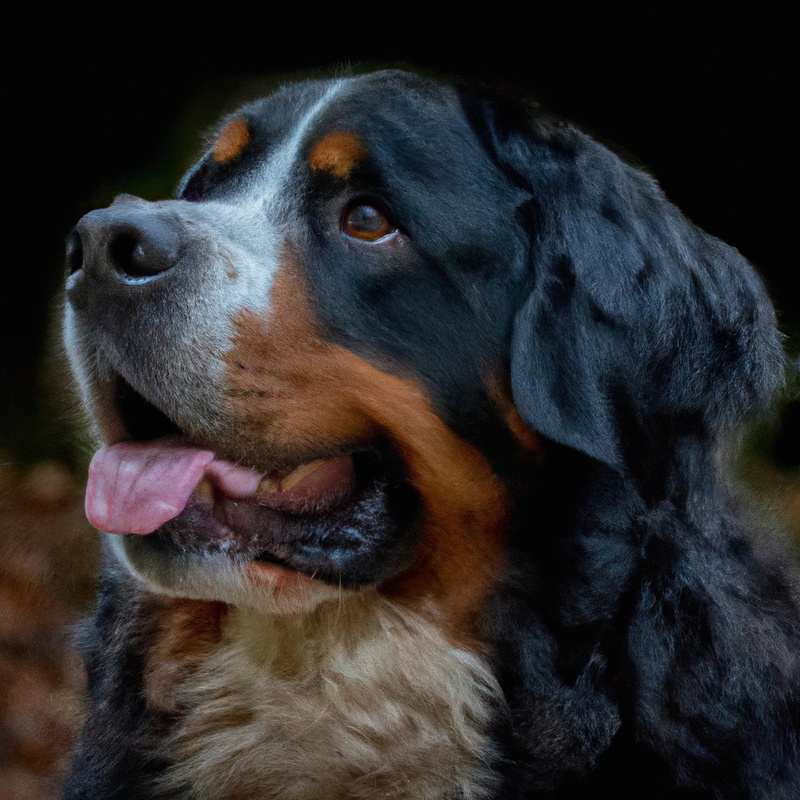
Potential Challenges in Interacting with Small Children
Interacting with small children can pose some challenges for Bernese Mountain Dogs. One challenge is their larger size, which can accidentally knock over or intimidate young kids.
Another challenge is their natural herding instinct, which can lead them to try and round up children by nipping at their heels.
Additionally, Bernese Mountain Dogs may not always understand the fragility of small children and may unintentionally play too rough. It’s important to supervise interactions and teach both the dog and the child how to interact safely and respectfully.

Training Tips for Bernese Mountain Dogs
Socialization with Small Children
Socialization with small children is essential for Bernese Mountain Dogs. They are generally gentle and affectionate, making them great companions for kids.
To ensure a positive interaction, supervise all interactions between your dog and children.
Teach both the dog and the child appropriate behavior, such as gentle petting and not pulling on the dog’s tail or ears. Gradually expose your dog to various situations and environments with children to help them become comfortable.
Regular socialization and positive reinforcement will foster a strong bond between your Bernese Mountain Dog and your little ones.
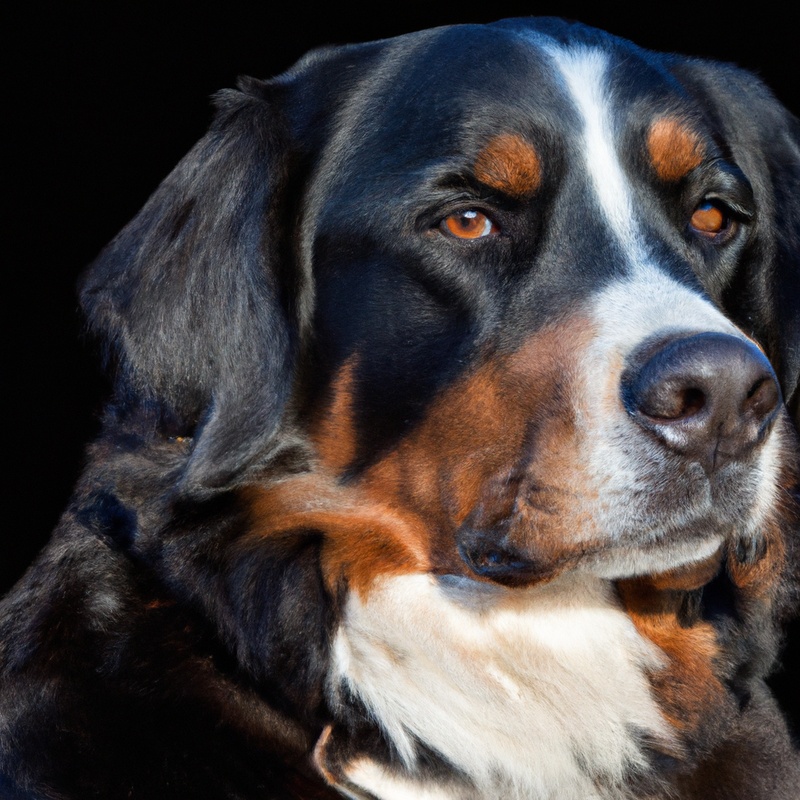
Positive Reinforcement Training Techniques
Positive reinforcement training techniques are effective for training Bernese Mountain Dogs.
These techniques involve rewarding desired behaviors with treats, praise, or play, reinforcing the positive association with the behavior.
Timing is important, as rewards should be given immediately after the desired behavior.
Consistency and patience are key, as positive reinforcement takes time.
Avoid punishment or harsh training methods, as they can lead to fear or aggression.
Positive reinforcement builds a strong bond between you and your dog, making training enjoyable for both of you.
Teaching Gentle Play and Boundaries
Teaching gentle play and boundaries is essential when training Bernese Mountain Dogs to interact with small children.
- Start by establishing rules and boundaries for both the dog and the child.
- Teach the dog basic obedience commands, such as “sit,” “stay,” and “leave it.”
- Encourage gentle play and discourage any rough behavior.
- Supervise interactions between the dog and child at all times.
- Reward positive behavior and redirect any inappropriate behavior.
- Teach the child how to interact with the dog safely, including not pulling on the dog or bothering it when it’s eating or sleeping.
- Consistent training and positive reinforcement will help create a safe and harmonious relationship between your Bernese Mountain Dog and your small child.
Supervision and Safety Measures
Importance of Supervision
Supervision is vital when it comes to interactions between Bernese Mountain Dogs and small children.
It ensures the safety of both the dog and the child.
With supervision, you can intervene quickly if there are any signs of aggression or rough play.
Additionally, you can teach the child how to properly interact with the dog, such as gentle petting and avoiding pulling on the dog’s ears or tail.
Remember, supervision is key to fostering a positive and safe environment for everyone involved.
Teaching Children Proper Interaction
Teaching children proper interaction with Bernese Mountain Dogs is important to ensure a positive and safe relationship. Here are some key points to remember:
- Supervise interactions: Always supervise children and dogs when they are together to prevent any accidents or misunderstandings.
- Teach gentle touch: Show children how to pet the dog gently and avoid pulling ears or tails. Encourage them to approach the dog calmly and avoid sudden movements.
- Set boundaries: Teach children to respect the dog’s personal space and not to bother them when they are eating or sleeping.
- Teach appropriate play: Help children understand the difference between gentle play and rough play. Encourage activities that involve games like fetch or hide and seek.
- Communication is key: Teach children to understand the dog’s body language and signs of discomfort. Explain that if the dog seems stressed or anxious, it’s best to give them space.
- Teach respect: Instill in children a sense of respect for all living creatures, including animals. Help them understand the importance of treating dogs with kindness and empathy.
By teaching children about proper interaction with Bernese Mountain Dogs, you can foster a harmonious and safe relationship between them.
Avoidance of Rough Play and Aggressive Behavior
To avoid rough play and aggressive behavior between Bernese Mountain Dogs and small children, it’s important to establish boundaries and promote positive interactions. Here are a few tips to help ensure a harmonious relationship:
- Teach children to respect the dog’s personal space and not to tease or provoke them.
- Encourage gentle play and reward calm behaviors to reinforce positive behavior.
- Supervise their interactions closely, especially during the initial stages of their relationship.
- Socialize the dog from an early age and gradually expose them to different environments and stimuli to prevent fear-based aggression.
- Provide the dog with plenty of exercise to release their pent-up energy and prevent frustration.
Remember, creating a safe and happy environment for both children and dogs requires consistent training, supervision, and positive reinforcement.
Frequently Asked Questions
Are Bernese Mountain Dogs good with small children?
Bernese Mountain Dogs are known for their gentle and patient nature, making them good with small children. They are typically calm, tolerant, and love being around their human family members.
Berners often display a natural instinct to protect and care for children, and their size makes them a sturdy playmate.
However, as with any dog, it’s important to supervise interactions and teach both the dog and child appropriate behavior to ensure a safe and positive bond.
How long does it take to train a Bernese Mountain Dog?
Training a Bernese Mountain Dog can take several months to a year, depending on the dog’s individual temperament and the consistency of training.
These dogs are known for their intelligence and willingness to please, but they can also be stubborn at times.
Consistency, positive reinforcement, and patience are key when training a Bernese Mountain Dog.
It’s important to start training early and be consistent with commands and routines.
Socializing your dog with different people and situations is also crucial for their overall training.
Remember, every dog is unique, so the training timeline may vary.
Can Bernese Mountain Dogs be trusted with infants?
Yes, Bernese Mountain Dogs can generally be trusted with infants. They are known for their gentle and patient nature, which makes them a good choice for families with small children.
However, it’s crucial to always supervise any interactions between the dog and the infant to ensure the safety of both.
Introducing them gradually and providing proper training and socialization can help create a strong bond and ensure a positive relationship. Additionally, teaching children how to properly interact with the dog is essential for a harmonious household.
Final Verdict
Bernese Mountain Dogs can indeed be trained to interact well with small children.
With their gentle and friendly nature, they have the potential to be excellent family companions.
However, it is important to remember that training and socialization are key in ensuring a positive and safe environment for both the dog and the child.
By implementing proper training techniques, such as positive reinforcement and teaching gentle play, owners can create a harmonious relationship between their Bernese Mountain Dog and small children.
Remember, patience, consistency, and supervision are vital in fostering a strong bond and smooth interactions.
So, go ahead and train your Bernese Mountain Dog to be a wonderful playmate for your little ones!

